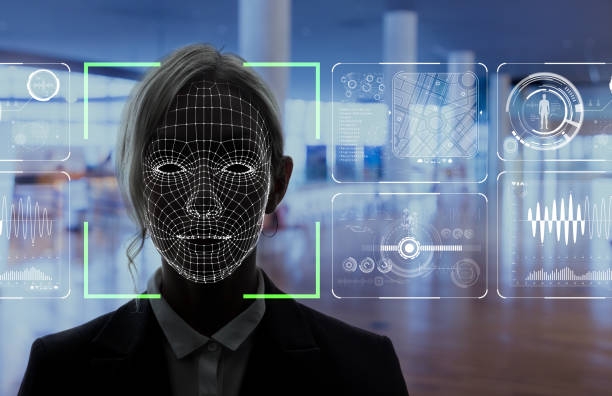One of the 21st century’s most revolutionary inventions is facial recognition technology, which has grown quickly in popularity. An individual’s facial characteristics are mapped using biometric software, and the information is stored as a faceprint. By matching this faceprint with others in a database, it is then possible to identify an individual from a picture or video. Although technology has many advantages, there are also serious privacy, security, and ethical considerations that need to be considered.
The Advantages of Facial Recognition
The capacity of face recognition technology to improve security is one of its most notable benefits. This technology is being used by governments and law enforcement organizations all around the world to help identify offenders, find missing people, and stop any threats. For example, face recognition technology is used by airports to expedite the passenger identification process, decreasing the need for manual inspections and boosting productivity.
Facial recognition is being used more and more in the private sector for authentication and access control. As a security precaution, face recognition is becoming common on smartphones, enabling users to unlock their devices just by glancing at them. This technology adds an additional degree of protection to avoid fraud in financial services by authenticating customers during online transactions.
Retailers are investigating face recognition for customer service and tailored marketing. Retailers may enhance the shopping experience and provide customized incentives by identifying repeat consumers. Additionally, by identifying seasoned shoplifters, face recognition can contribute to a decrease in retail theft.
Difficulties and Fears
Facial recognition technology has drawbacks in addition to advantages. The possible violation of privacy is one of the main worries. The broad application of face recognition technology raises the possibility of ongoing monitoring, in which people are followed without their knowledge or agreement. This calls into question how well security and individual freedom are balanced.
Another crucial concern with facial recognition technology is its accuracy. Even while technology has advanced dramatically, it is not perfect. Facial recognition mistakes can lead to grave outcomes, including false arrests or incorrect person identification. According to studies, there can be biases in face recognition systems, especially against women, persons of color, and younger or older people. This can result in unequal applications of the technology.
Furthermore, there are serious security issues associated with managing and storing biometric data. Faceprint databases are vulnerable to hacking, and the stolen information may be used for identity theft or other nefarious activities. Biometric data, like faceprints, cannot be altered, unlike passwords, which means that the effects of a leak might be more serious.
Moral Consequences
Facial recognition has enormous implications for ethics. The argument over technology’s place in society is becoming more and more heated as it becomes more prevalent. Does the use of face recognition in public places require permission in advance? How can we prevent governments and companies from abusing technology for the purpose of mass surveillance? These queries demonstrate the need of having thorough rules and policies governing the application of face recognition technology.
As a result, even if face recognition has a lot to offer in the way of convenience, security, and personalization, there are also a lot of issues that need to be resolved. Striking a balance between maximizing the promise of technology and defending individual liberties and rights is essential as it develops further.



